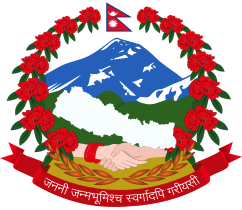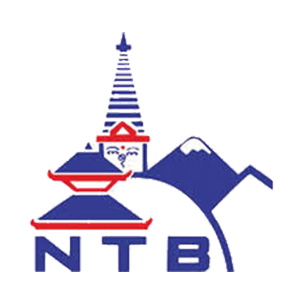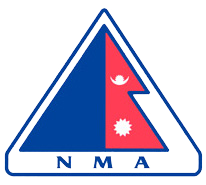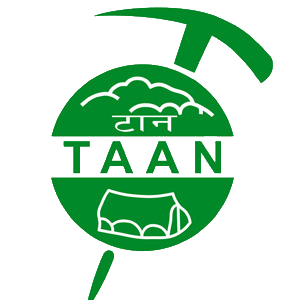India is enriching, inspiring and unforgettable. A fusion of modernity and tradition, the vibrant colors of India are truly captivating.
With more than five thousand years old civilization India has everything to offer to ardent traveler. One can explore the combination of world’s best architecture, the rich culture, one of the Seven Wonders of the World Taj Mahal, Himalayas, Thar Desert, wonderful beaches, exotic wildlife, pilgrimage tours, the ancient rivers like Ganges, Yamuna etc and much more.
Republic of India is also the largest democracy in the world and is the origin of the major religions like Hinduism, Buddhism, Jainism, Sikhism etc. India is quite prosperous if we talk about literature. The “Rigveda” is considered to be the oldest book in the world. India has more than 5000 years old natural medicine system Ayurveda. One may see the ruins of one of the oldest universities in the world. India has one of the oldest living cities in the world known as Varanasi, Banaras or Kashi.
India is INCREDIBLE so come an team up with Far Out to unfold the beauty.
All foreign nationals entering India are required to possess a valid international travel document in the form of a national passport with a valid visa obtained from an Indian Mission or Post abroad.
All Individual visa seekers are requested to apply for the Indian Visa through Online application link , in order to make an application for getting the Indian visa.
The duly signed physical copy of the application form completed in all respect and submitted successfully, is to be submitted at the concerned Indian Visa Application Center (IVAC) or directly to Indian Mission/ Post, on the scheduled date of interview along with the requisite supporting documents. The instructions for filling the form and scheduling the appointment can be seen at Instructions for Regular Visa Application. Important technical information for filling online Indian visa application can be referred at Technical Instructions.
The status of Visa Application can be seen on the link for Visa Enquiry.
The applicants are also requested to visit website of the Indian Mission concerned for detailed information about Indian visa.
The main language is Hindi which is spoken by about 30% of the population; English is also enshrined in the constitution for a wide range of official purposes. In addition, 17 regional languages are recognised by the constitution. These include Bengali, Gujarati, Oriya and Punjabi which are widely used in the north, and Tamil and Telegu, which are common in the south. Other regional languages are Kannada, Malayalam and Marathi. The Muslim population largely speak Urdu.
About 81% Hindu, 12% Muslim, with Sikh, Christian, Jain, Parsi and Buddhist minorities.
Indias climate can be classified as a hot tropical country, except the northern states of Himachal Pradesh and Jammu & Kashmir in the north and Sikkim in the northeastern hills, which have a cooler, more continental influenced climate.
It is recommended that you be vaccinated for Tetanus and Polio, if you haven’t had a booster in the last ten years. Food and waterborne diseases are more common, so we recommend vaccinations for Typhoid (valid 3 years) and Hepatitis A (validity varies). You are also advised to take anti-Malarial medication. This information is only intended as a guide and recommendations can change regularly so please consult with your local healthcare provider.
India is 5 hours 30 mins ahead of GMT. India does not observe Daylight Saving. During British Summer Time (end of March through to end of October), India is 4.5 hours ahead of GMT.
India is 5 hours 30 mins ahead of GMT. India does not observe Daylight Saving. During British Summer Time (end of March through to end of October), India is 4.5 hours ahead of GMT.
Climate can be classified as a hot tropical country, except the northern states of Himachal Pradesh and Jammu & Kashmir in the north and Sikkim in the northeastern hills, which have a cooler, more continental influenced climate.
The Indian rupee is the official currency of the Republic of India. The rupee is subdivided into 100 paise (singular paisa), though as of 2018, coins of denomination 25 paise and less are no longer legal tender. The issuance of the currency is controlled by the Reserve Bank of India.
It is recommended that you be vaccinated for Tetanus and Polio, if you haven’t had a booster in the last ten years. Food and waterborne diseases are more common, so we recommend vaccinations for Typhoid (valid 3 years) and Hepatitis A (validity varies). You are also advised to take anti-Malarial medication. This information is only intended as a guide and recommendations can change regularly so please consult with your local healthcare provider.










